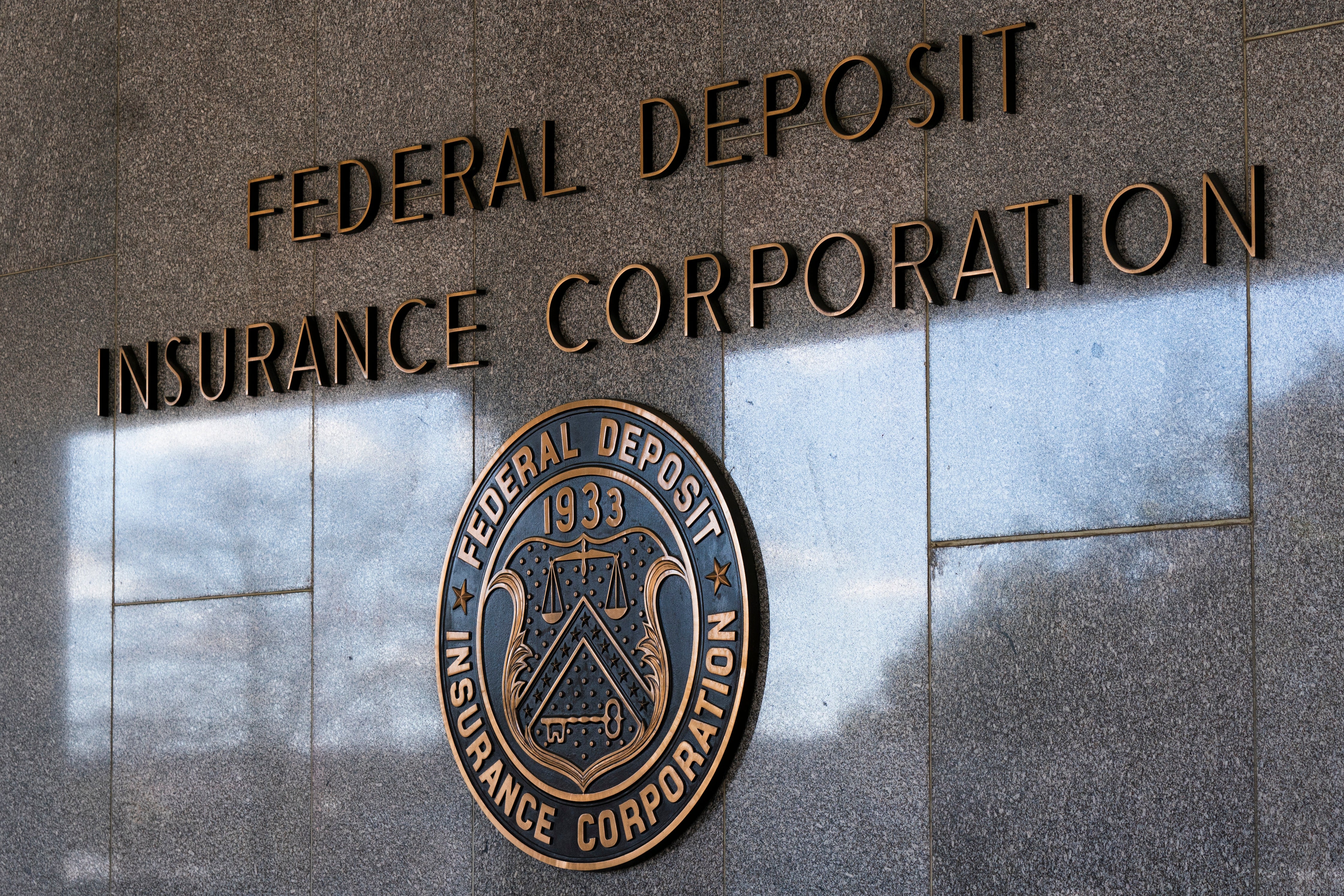Regulators close Philadelphia-based Republic First Bank, first US bank failure this year
Regulators have closed Republic First Bank, a regional lender operating in Pennsylvania, New Jersey and New York

Regulators have closed Republic First Bank, a regional lender operating in Pennsylvania, New Jersey and New York.
The Federal Deposit Insurance Corp. said Friday it had seized the Philadelphia-based bank, which did business as Republic Bank and had roughly $6 billion in assets and $4 billion in deposits as of Jan. 31.
Fulton Bank, which is based in Lancaster, Pennsylvania, agreed to assume substantially all of the failed bank's deposits and buy essentially all of its assets, the agency said.
Republic Bank’s 32 branches will reopen as branches of Fulton Bank as early as Saturday. Republic First Bank depositors can access their funds via checks or ATMs as early as Friday night, the FDIC said.
The bank's failure is expected to cost the deposit insurance fund $667 million.
The lender is the first FDIC-insured institution to fail in the U.S. this year. The last bank failure — Citizens Bank, based in Sac City, Iowa — was in November.
In a strong economy an average of only four or five banks close each year.
Rising interest rates and falling commercial real estate values, especially for office buildings grappling with surging vacancy rates following the pandemic, have heightened the financial risks for many regional and community banks. Outstanding loans backed by properties that have lost value make them a challenge to refinance.
Last month, an investor group including Steven Mnuchin, who served as U.S. Treasury secretary during the Trump administration, agreed to pump more than $1 billion to rescue New York Community Bancorp, which has been hammered by weakness in commercial real estate and growing pains resulting from its buyout of a distressed bank.
Bookmark popover
Removed from bookmarks